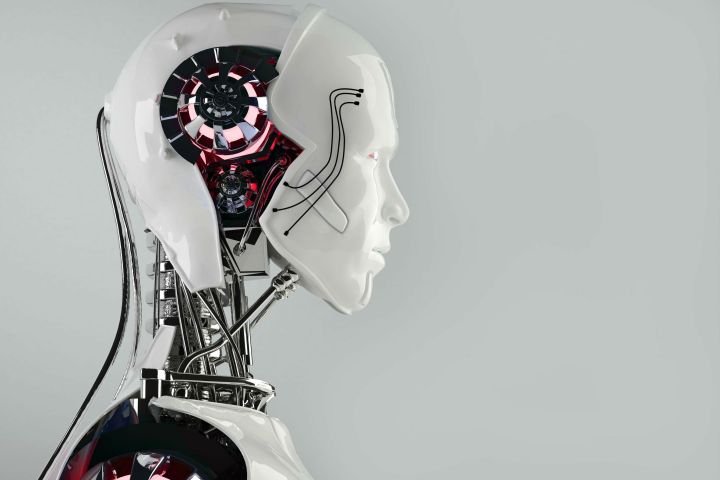
“At present, ‘AI machines’ have narrow and specific roles, such as in voice-recognition or playing the board game Go,” said Tania Mathias, interim chair of the committee. “But science fiction is slowly becoming science fact, and robotics and AI look destined to play an increasing role in our lives over the coming decades.”
Right now the intelligent machine industry is in its infant stage, with driver-free cars traveling highways, predictive text appearing on smartphones, virtual assistants helping consumers with small tasks, and so on. There’s no need for “sectorwide” regulations at this point, but the committee wants to draw up a commission to examine how recent and potential developments of artificial intelligence will have an impact on society. This commission will be carried out at the Alan Turing Institute.
The U.K. government called Robotics and Autonomous Systems (RAS) one of the “Eight Great Technologies” in 2013. However, Mathias points out that since then the government leadership in this sector has remained “noticeably lacking.” The government currently has no strategy to create future growth in artificial intelligence and robotics, nor did it keep its original promise of forming a RAS Leadership Council for coordinating and directing the government’s involvement with these technologies.
According to Mathias, the U.K. government needs to not only foster public debate over these two technologies, but identify the principles needed to govern AI-based development and applications. It also needs to be ready to help “re-skill and up-skill” citizens in the face of intelligent machines taking over jobs. While machines replacing humans is nothing new, artificial intelligence and robotics could pose a serious threat, taking over jobs, creating new ones, and displacing others previously filled by humans.
This is where the “Commission on Artificial Intelligence” comes in.
“It is disappointing that the government has still not published its digital strategy and set out its plans for equipping the future workforce with the digital skills we will need,” Mathias said.
In addition to examining the social and legal implications of artificial intelligence and robotics, the proposed Commission on Artificial Intelligence would advise the government of “any regulation required on limits to its progression.” The commission’s proposed “Leadership Council” would need to be skilled in law, social science, philosophy, computer science, and natural science. Mathematicians and engineers would be needed as well.
“The Leadership Council should work with the government and the research councils to produce a government-backed National RAS Strategy, one that clearly sets out the government’s ambitions, and financial support, for this ‘great technology,’ Mathias added. “Founding a ‘National RAS Institute,’ or Catapult, should be part of the strategy.”
To read the full report, head here.


